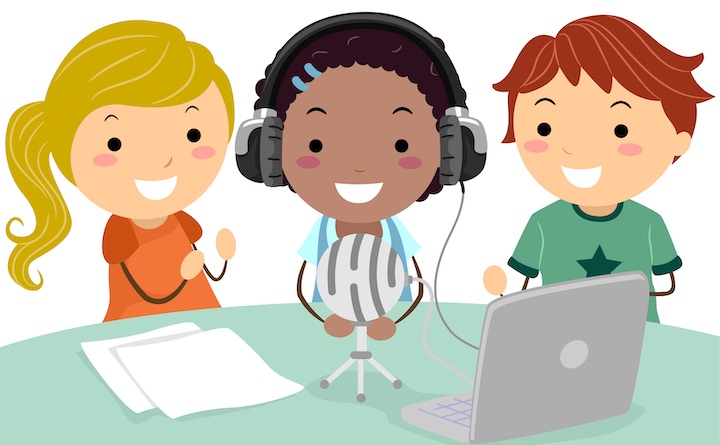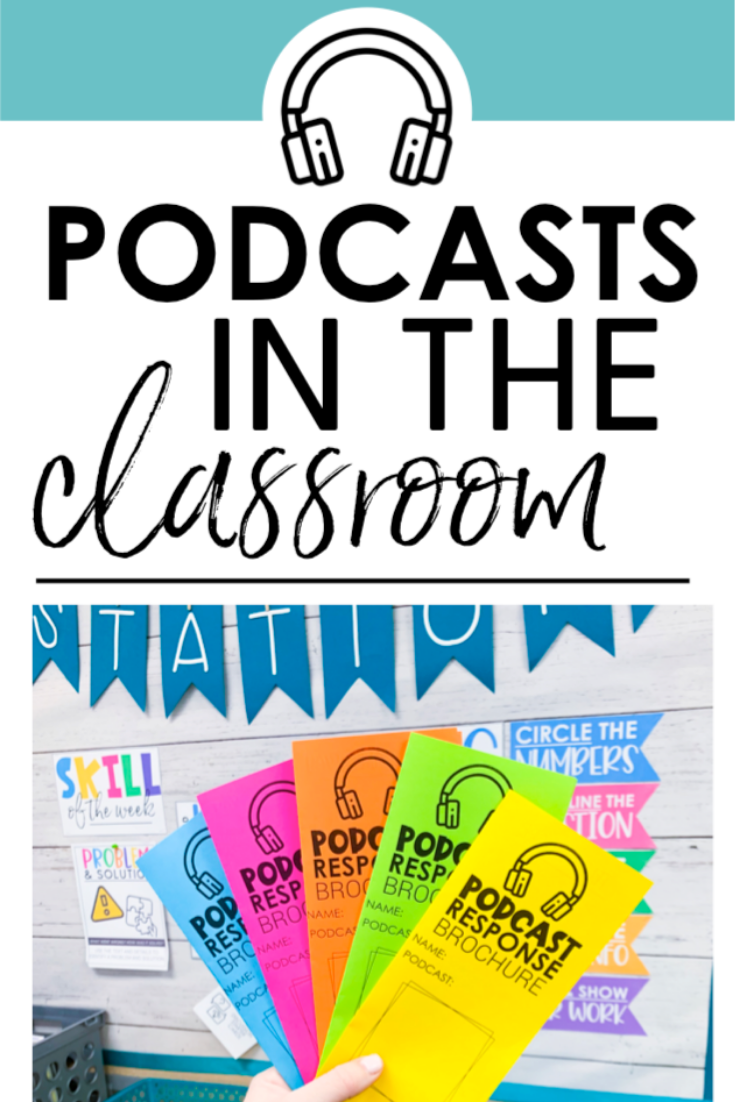The article that I chose for the blog is about podcasting in the classroom, how to do it and why it is so important for teachers to utilize this technological skill in their classrooms. The author Med Kharbach explain that when he first discussed podcasts in 2012 they have been utilized more and more inside of classrooms by teachers. He discusses what is a podcast, which is when an artist records their own voice with the intent of informing, educating, or entertaining other individuals.

Why should teachers use podcasts in their classroom according to the article?
- Help teachers learn new materials and different resources available.
- Allows teachers to send home lessons for students to learn at home in a flipped classroom lesson.
- Allows students a chance to use their own voice by creating their own podcasts to share their experiences with others, or peer learning.
- Helps students who use their listening skills to learn other then simply relying on their reading capabilities.
- When students make a podcast it will help broaden their research knowledge, writing skills, and many other necessary skills they will need in school and in life.
- Teachers can also use podcasts to give audio feedback to their students so their is little room for misinterpretation and allows students to have helpful feedback.
In my opinion, podcasts are extremely beneficial in the classroom. There is so much room for knowledge and creativity in the making of a podcast. Students can share their ideas with others from, not only the classroom but around the world. For example, students can make a podcast discussing how they would fix the world hunger and post it for other individuals to listen and join in on the discussion making the idea grow and prosper, all from one podcast. It helps gives students a voice.
It also allows teachers to build connections with other teachers. They can share the ideas, their stories, their trials and tribulations and their solutions to help out other teachers in the same position as they are. It can be something as simple as this is the instructions to a math lesson or how to handle a child who is having issues at home they will not talk about.

I talked about all the benefits of introducing podcasts into the classroom, however, there are some negatives as well. Students can use their voice to express themselves but, without proper monitoring they can post anything they want, which could be destructive instead of constructive. They could make a “how to” on something that other children shouldn’t hear or are to young to understand.
Another con that I could foresee for teachers is that they have to watch everything they say on a podcast. These are out there for the world to see and teachers, and students, must be mindful of that. Teachers could share their thoughts on a “misbehaving student” thinking they are helping other teachers, however, if that student were to hear it, it could cause issues for the teacher.
In conclusion, podcasts and audio recordings are extremely beneficial in the classroom. They can bring a sense of creativity into the classroom and allow students to use their voice, thoughts, and opinions to enhance a classroom. Teachers can also benefit from podcasts, from giving feedback to collaborating with teachers all over the world.
